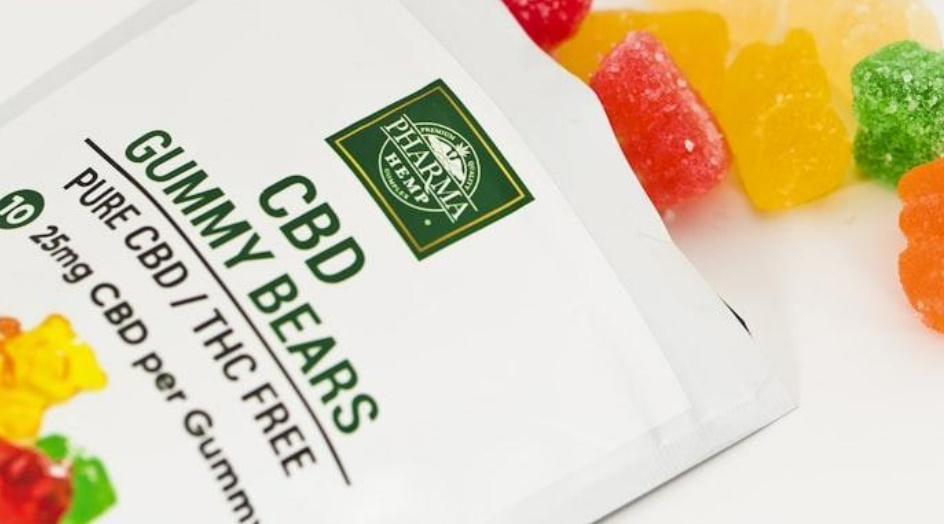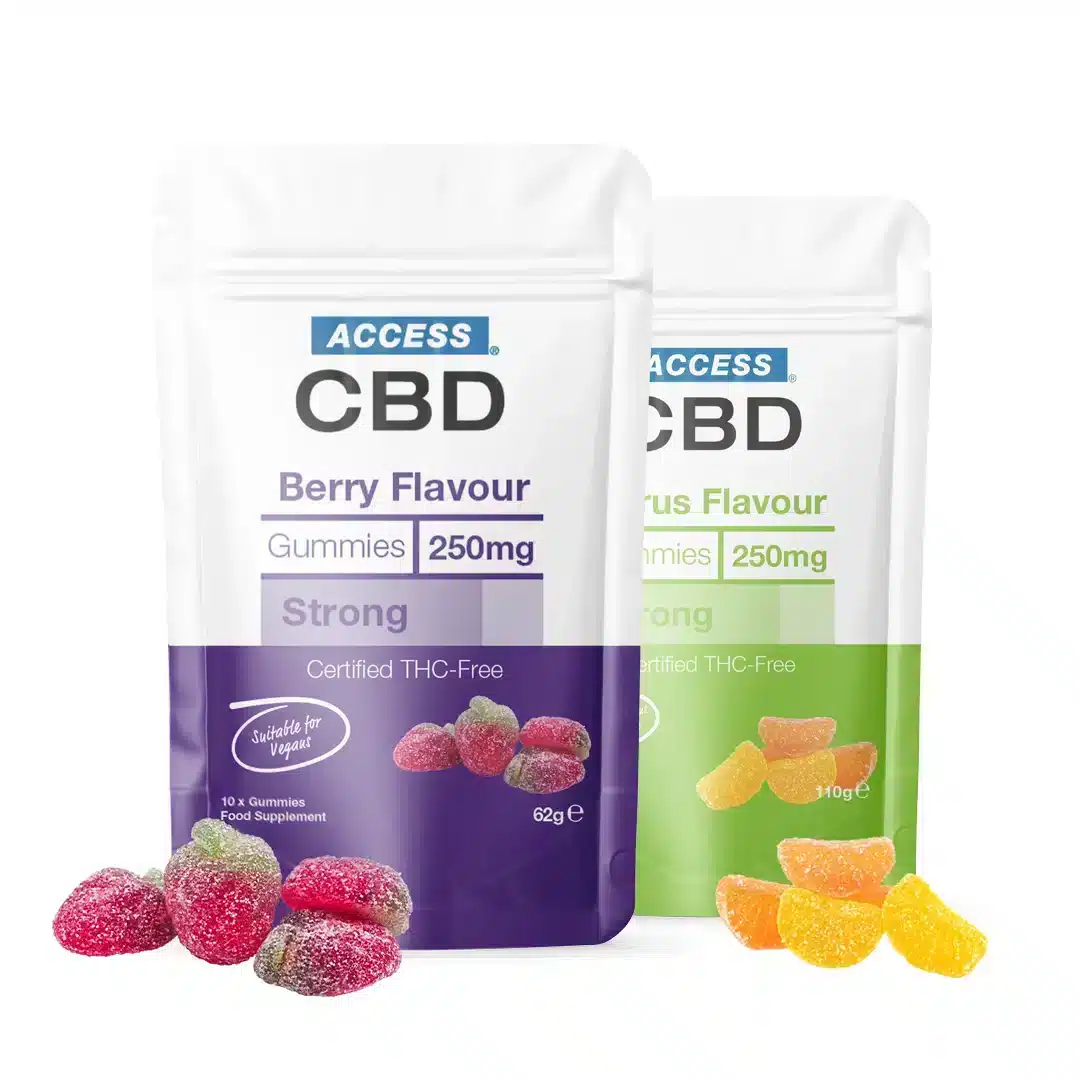Are Cbd Gummies Legal To Fly With
.jpg)
The pre-dawn hum of the airport was a symphony of anticipation and weariness. Suitcases whispered across polished floors, the aroma of stale coffee mingled with the promise of distant adventures, and a nervous traveler clutched a small bag containing brightly colored gummies, wondering if they would make it past security. Could these seemingly innocent treats, infused with the increasingly popular compound known as CBD, actually cause a travel headache?
The question of whether CBD gummies are legal to fly with is a common one, fraught with confusion and subject to evolving regulations. While the 2018 Farm Bill legalized hemp-derived CBD at the federal level, provided it contains no more than 0.3% THC, the landscape remains complex due to varying state laws and differing interpretations by transportation authorities like the TSA.
Understanding the Legal Landscape
The story of CBD's journey from obscurity to mainstream wellness product is relatively recent. For decades, cannabis, encompassing both marijuana and hemp, was largely prohibited under federal law. The distinction between these two plants is crucial.
Marijuana contains high levels of THC (tetrahydrocannabinol), the psychoactive compound responsible for the "high" associated with cannabis use. Hemp, on the other hand, contains very low levels of THC and is valued for its fiber, seeds, and, of course, CBD.
The 2018 Farm Bill was a game-changer. It removed hemp from the definition of marijuana under the Controlled Substances Act, effectively legalizing hemp-derived products containing 0.3% THC or less. This opened the floodgates for the CBD industry, leading to an explosion of products ranging from oils and tinctures to creams and edibles.
However, this federal legalization did not automatically translate to universal acceptance. State laws regarding CBD vary considerably. Some states have fully embraced CBD, while others maintain stricter regulations or even prohibit its sale and use altogether.
The TSA's Stance
The Transportation Security Administration (TSA) is the agency responsible for security at airports nationwide. Their primary concern is preventing threats to aviation, and their guidelines regarding CBD reflect this focus. The TSA's website states that they are primarily concerned with identifying items that could pose a threat to aircraft or passengers.
While the TSA's official policy doesn't explicitly prohibit CBD products, it does state that officers are required to report any suspected violations of law to law enforcement. This means that if a TSA officer believes that a passenger is in possession of a CBD product that violates state or federal law, they may be required to notify local authorities.
According to the TSA website, "Marijuana and certain cannabis infused products, including some CBD oil, remain illegal under federal law." However, it then clarifies, "TSA officers are looking for threats to the aircraft and its passengers. TSA’s screening procedures are focused on security and are designed to detect potential threats to aviation and passengers. Accordingly, TSA security officers do not search for marijuana or other illegal drugs, but if any illegal substance is discovered during security screening, TSA officers will refer the matter to law enforcement."
It is important to note the TSA agents are not law enforcement officials and therefore they are not primarily looking for illicit substances. Their main priority is safety.
This somewhat contradictory statement leaves room for interpretation. While the TSA is not actively searching for CBD, they are obligated to report potential violations of the law. This means that the legality of flying with CBD gummies ultimately depends on whether the product complies with both federal and state laws.
Navigating the Nuances
To minimize the risk of encountering problems at the airport, travelers should take several precautions. First and foremost, it is essential to verify the CBD content of the gummies. The product should be clearly labeled with the amount of CBD and THC it contains. Ensure that the THC content is below the 0.3% threshold required by federal law.
Secondly, research the laws of both your departure and arrival states. If either state prohibits CBD, it is best to leave the gummies at home. Some states have specific requirements regarding the labeling, testing, and sale of CBD products, so familiarize yourself with these regulations.
Thirdly, keep the gummies in their original packaging. This allows TSA officers to easily verify the product's contents and manufacturer information. Bringing a certificate of analysis (COA) from a third-party lab can also be helpful. A COA confirms the CBD and THC content of the product and demonstrates that it has been tested for contaminants.
Finally, be prepared to answer questions from TSA officers. Remain calm, polite, and transparent about the product you are carrying. If questioned, explain that the gummies are hemp-derived and contain less than 0.3% THC. Having the COA and product information readily available can help to expedite the process.
Real-Life Experiences and Anecdotes
Experiences with traveling with CBD gummies vary widely. Some travelers report smooth sailing, with TSA officers paying little attention to their CBD products. Others have encountered delays and questioning, even when their gummies comply with all applicable laws.
Online forums and travel blogs are filled with anecdotes from travelers who have both successfully and unsuccessfully flown with CBD. These stories highlight the inconsistencies in enforcement and the importance of being prepared.
For example, one traveler shared their experience of being stopped at security because of their CBD gummies. After explaining that the gummies were hemp-derived and contained less than 0.3% THC, and providing a COA, they were eventually allowed to proceed. Another traveler, however, reported having their CBD gummies confiscated despite complying with all applicable laws.
The Importance of Due Diligence
The lack of clear and consistent regulations surrounding CBD can make traveling with it a gamble. While the risk of serious legal consequences is relatively low, the possibility of delays, questioning, and even confiscation is real.
Ultimately, the decision of whether to fly with CBD gummies is a personal one. By understanding the legal landscape, taking necessary precautions, and being prepared to answer questions, travelers can minimize their risk and increase their chances of a smooth journey.
As the CBD industry continues to mature and regulations become more standardized, the process of traveling with CBD products will likely become more straightforward. Until then, due diligence and informed decision-making are essential for anyone considering bringing CBD gummies on their next flight.




.jpg)












